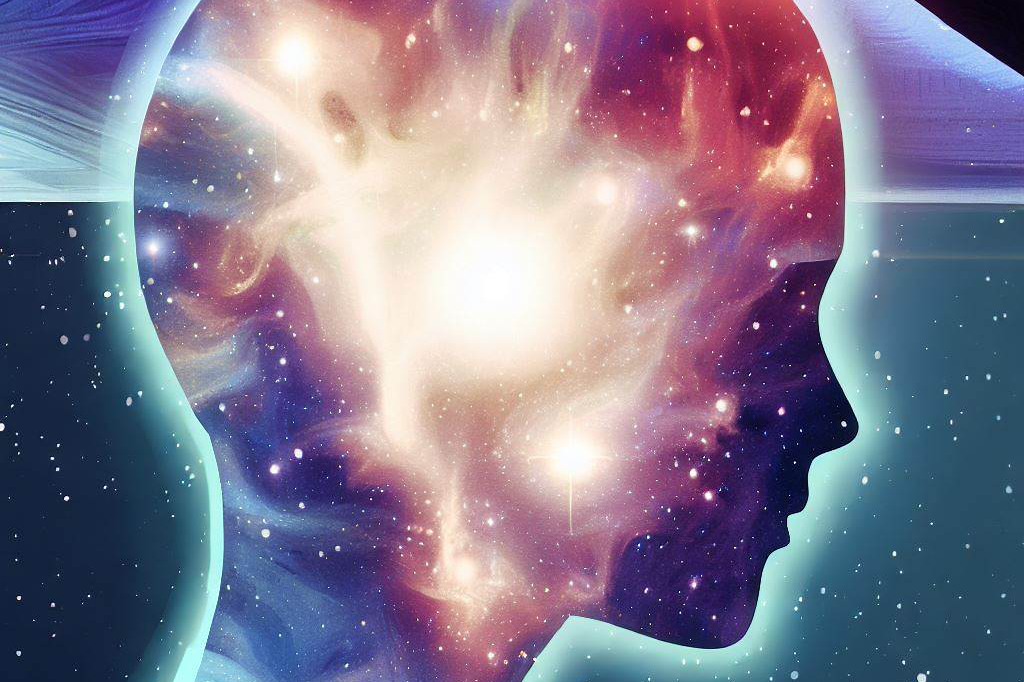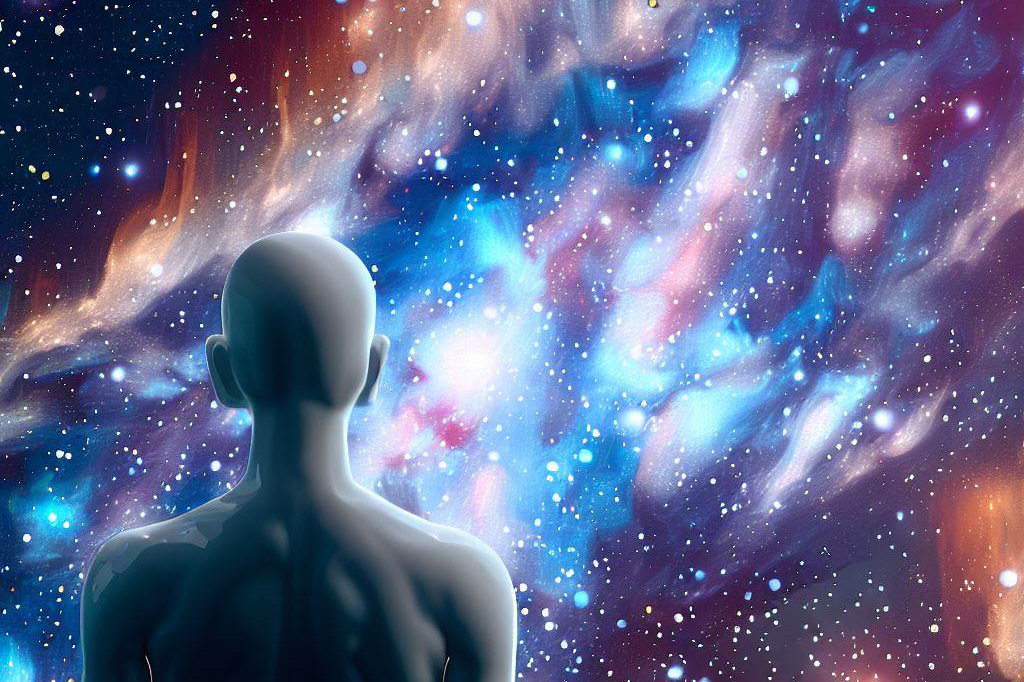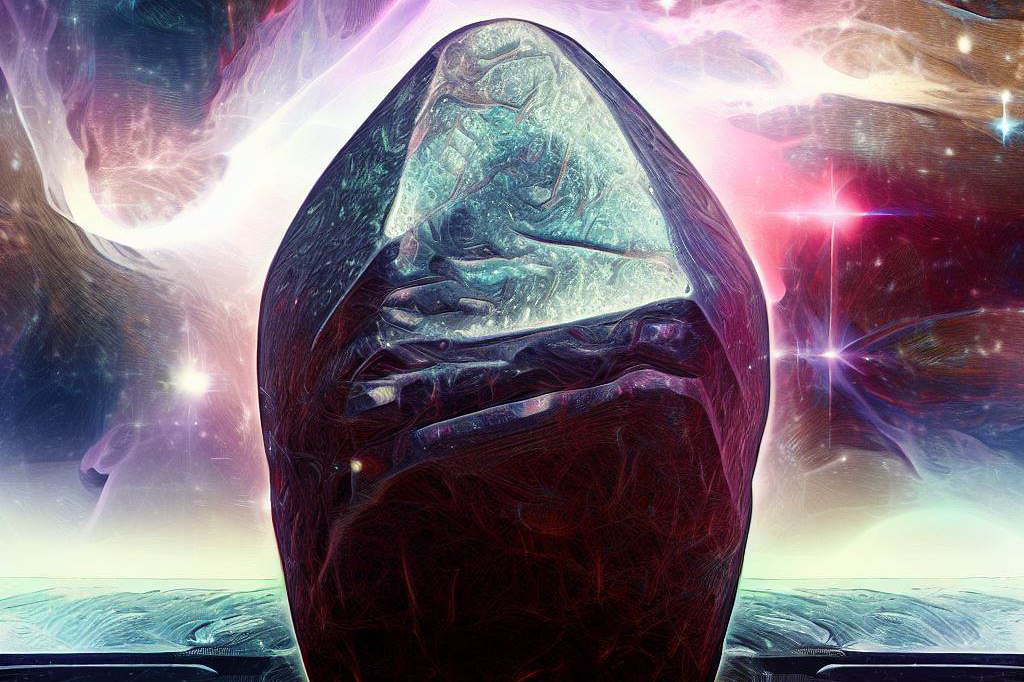The Call of the Cosmos: Why We Explore Space and What it Means for Our Consciousness
As a species, humans have always been drawn to the unknown, the mysterious, and the unexplored. From ancient civilizations that navigated uncharted waters to discover new lands to modern-day scientists who launch rockets into space to explore other planets, humans have never been content with simply staying put.
This innate drive to explore is what has led us to discover countless wonders of our world, and it’s what keeps pushing us further and further into the cosmos. But why do we explore space?
What compels us to venture out beyond our own planet and into the great unknown?
For some, it’s about discovering new resources or finding a new home for humanity in the event of catastrophes on Earth.
For others, it’s about pushing boundaries and testing the limits of human capability.
But there’s something deeper at play here – something that goes beyond mere curiosity or ambition.
The Philosophy of Space Exploration: The Intersection of Science and Consciousness

At its core, space exploration is not just a scientific endeavor – it’s also a philosophical one. It forces us to confront some fundamental questions about our place in the universe:
What is our purpose?
Are we alone in this vast expanse of space?
What does it mean to be human in a universe that seems indifferent to our existence?
These are not just abstract questions that have no bearing on our daily lives – they’re questions that force us to grapple with some profound truths about ourselves and our place in the grand scheme of things. And as we continue exploring space and uncovering more mysteries about the universe around us, these questions become even more pressing.
The Impact of Cosmic Vastness on Human Consciousness: Why Understanding Our Place in the Universe Matters
But the philosophy of space exploration isn’t just about asking big, existential questions – it’s also about understanding how the vastness of space affects our consciousness and our perception of the world around us. Space is not just a physical void – it’s a psychological one as well. When humans venture out into the cosmos, we are confronted with an environment that is completely alien to us.
The laws of physics that govern our daily lives on Earth no longer apply, and we are forced to adapt to an entirely new set of rules. This psychological impact of cosmic vastness on human consciousness is something that scientists and philosophers alike have been studying for decades.
And as we continue to explore space and gather more data about the universe around us, it becomes increasingly clear just how important it is for us to understand this impact – not just for the sake of science, but for the sake of humanity itself. Because when we understand how space affects our consciousness, we can better appreciate our place in the universe and gain a deeper appreciation for the wonders that lie beyond our own planet.
The Concept of Cosmic Vastness

Exploring the Infinity of Space
Cosmic vastness is a concept that is difficult to comprehend. It is the idea that the universe is infinite and constantly expanding, with countless stars, galaxies, planets and other celestial bodies scattered throughout.
The human mind struggles to grasp the magnitude and complexity of the cosmos. It can be hard for us to appreciate just how small we are in comparison to something so vast.
To put things into perspective, imagine standing on a beach and looking out at the ocean. The waves appear endless, stretching out as far as you can see.
But even then, you know there is a limit to how far you can go before reaching land again. In space, there are no such boundaries – only an endless expanse of darkness and light.
The Human Perception of Cosmic Vastness
Our perception also plays a role in understanding cosmic vastness. The human brain evolved to process information about our immediate surroundings – things we can touch, see or hear directly. However, when it comes to comprehending something as vast as space, our brains struggle to make sense of it.
Our brains have evolved with certain biases that help us survive in our environment – for example, we tend to focus on immediate threats rather than long-term risks. These biases make it hard for us to understand abstract concepts like infinity or space-time curvature.
Cosmic Vastness and Our Understanding of Reality
How we perceive cosmic vastness has implications for our understanding of reality itself – both on a personal and scientific level. Our perception of time and space shapes our understanding of what exists beyond ourselves. For example, if we cannot conceive of infinity or fathom the size and age of the universe, how can we understand concepts like dark matter or black holes?
By exploring cosmic vastness and challenging our own perceptions, we are able to push the boundaries of human knowledge and expand the limits of reality. It is through our willingness to explore the unknown that we are able to gain a greater understanding of ourselves and our place in the universe.
The Human Mind in Space Exploration

The human mind, in particular, is profoundly impacted by space exploration.
It opens up new frontiers and challenges our preconceptions about ourselves and the world around us. One major impact that space exploration has on human thought is its ability to challenge our perception of time and space.
The vast distances involved in exploring other planets and galaxies can be overwhelming for many people. This experience can lead to a sense of awe and wonder, but it can also be disorienting or even terrifying for some individuals.
Psychological Effects on Astronauts During Space Missions
The psychological effects on astronauts during space missions are significant and complex. Being in space for long periods of time can lead to a range of emotional responses, including feelings of isolation, boredom, anxiety, and depression. These emotions are often compounded by the lack of privacy and confinement within a spacecraft.
Additionally, astronauts may experience physical changes due to prolonged exposure to zero gravity or radiation. These changes can affect brain function as well as overall mental health.
NASA has implemented various programs designed to support astronaut mental health during long-term missions; however, more research is needed to fully understand the psychological effects of long-term space travel.
Overall, understanding how space exploration affects the human mind is crucial for designing effective methods for managing astronaut mental health during missions as well as preparing future generations for exploring beyond Earth’s atmosphere.
Consciousness and Space Exploration

The Experience of Cosmic Vastness
Space exploration is an incredible adventure that has the potential to transform our understanding of ourselves, our planet, and the universe we inhabit. When we consider the vastness of space, it’s easy to feel overwhelmed by the sheer scale and magnitude of it all.
The experience of cosmic vastness can have a profound impact on human consciousness, altering our perception of reality in ways that are difficult to put into words. One common experience reported by astronauts is a sense of awe and wonder at the beauty and complexity of the cosmos.
The sight of Earth from space, for example, has been described as a life-changing experience that transforms one’s perspective on life itself. In addition to this sense of wonder, many astronauts report feeling a deep sense of interconnectedness with all living things – an awareness that we are all part of something much larger than ourselves.
Philosophical Implications
The impact of cosmic vastness extends far beyond personal experiences and emotions. It also has profound philosophical implications for our understanding of reality itself.
Some philosophers argue that the sheer size and complexity of the universe suggest that there may be other forms of intelligent life out there somewhere. Others argue that our existence in such a vast universe raises fundamental questions about meaning and purpose – if we are just tiny specks in an endless void, what is the point?
Another philosophical implication relates to how we relate to nature as a whole. Many people believe that space exploration can help us develop a deeper appreciation for our planet and its delicate ecosystems.
By seeing Earth from space as a fragile blue dot in an otherwise hostile environment, we may become more committed to preserving its natural beauty for future generations.
Overall, exploring the implications that cosmic vastness has on human consciousness is an exciting area for further research – one that could have profound impacts on our understanding of ourselves, our place in the universe, and the future of space exploration.
The Future of Space Exploration and Consciousness

Potential Advancements in Technology to Enhance Our Understanding of Cosmic Vastness
As technology continues to advance, scientists and researchers are developing new tools and techniques that allow us to explore the vastness of space in greater detail. One such technology is the James Webb Space Telescope, launched in 2021. With its improved resolution and sensitivity, this telescope allows us to see further into space than ever before, giving us a clearer understanding of the universe around us.
Other technologies currently in development include advancements in propulsion systems that could potentially allow for faster travel through space. This would open up new possibilities for exploration and enable us to reach more distant locations with greater ease.
Implications for Future Space Missions
As we continue to explore the outer reaches of space, our understanding of cosmic vastness will undoubtedly have significant implications for future space missions.
As we begin to understand more about the effects of long-term space travel on human health and wellbeing, we may need to develop new strategies for ensuring astronaut safety during extended missions.
Additionally, our growing understanding of cosmic vastness may lead us to reconsider our search for extraterrestrial life. As we discover more about how life forms on other planets might differ from those on Earth, we may need to adjust our expectations and approach accordingly.
Ultimately, as our understanding of the cosmos grows deeper, so too will our appreciation for its complexity and beauty. With continued exploration and technological advancements, we can look forward to even greater discoveries in the years ahead.
Final Thoughts on the Philosophy of Space Exploration and Consciousness

Space exploration has brought us new insights into ourselves and our place in the universe. Our exploration has been driven by curiosity, a desire to push boundaries, and ultimately an urge to understand ourselves better. Through this process, we have discovered much about what it means to be human.
As humans continue exploring space, we will undoubtedly encounter new challenges that will test us in ways we cannot yet imagine. However, these challenges are what drive us forward as a species.
As technology continues to advance at an ever-increasing pace, it’s more important than ever for humanity to continue exploring space with an open mind while keeping our human limitations in mind. Through a better understanding of cosmic vastness’ impact on our minds and consciousness through space travel studies or studies based around people who study these fields here on Earth, we can continue pushing the boundaries of what is possible and ultimately have a better understanding of ourselves in the context of the universe.

C M, a seasoned editor, journalist, and consultant, is deeply fascinated by the convergence of technology, space, and the future of humanity.
With a particular interest in transhumanity, futurology, and the philosophical and ethical dimensions of these domains, C M serves as the lead contributor to SpaceSpotlight and TranscendSphere.
When not penning insightful articles on these rapidly evolving fields, C M indulges in their love for podcasts and books, proudly embracing their status as a ‘Happy Nerd Extraordinaire!’



